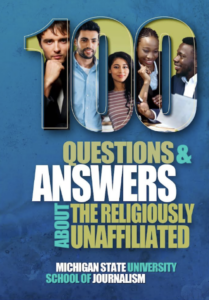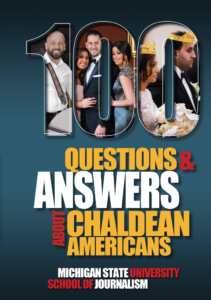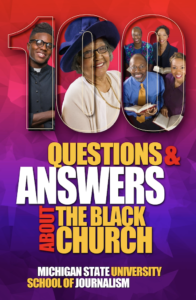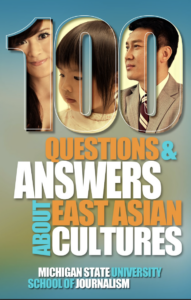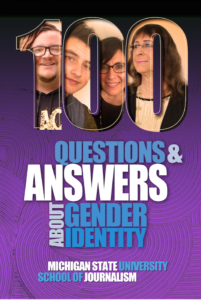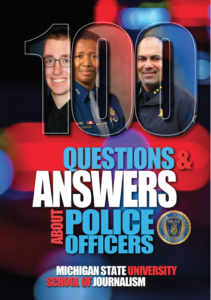The national discussion over whether unaffiliated religious “nones” are growing or shrinking has a new perspective from a pagan writer.
The Pew Research Center sparked the discussion with its finding that the United States now has more religiously unaffiliated people than either Catholics or evangelical Protestants.
In the paganism blog The Wild Hunt, Manny Moreno, who identifies there as a witch, digs into Pew’s description of spirituality. There, he finds a nexus between the religiously unaffiliated and pagans, who are never mentioned in the Pew report. They do not have a category to check, which would make them “none of the above,” but pagans are not without religion.
“Nones,” refers to people who self-identify as agnostic, atheist or nothing in particular in response to a list of religions. Many of these individuals believe in God, but they do not join religions. For many of them, God is not the problem. It is the religions.
The unafilliated include not just atheists and agnostics but humanists, secularists, freethinkers and more.
Does this mean pagans are nones? Not really. Although pagans did not have a box to check on the survey instrument, pagans are also not nones. According to the new guide “100 Questions and Answers About the Religiously Unaffiliated,” Pagan Federation International describes paganism as a “nondogmatic ancestral polytheistic or pantheistic religion that finds divinity in nature.” This new Bias Busters guide was published March 5.
As a pagan, Moreno connects with Pew’s finding that about half of religiously unaffiliated people in the U.S. “say spirituality is very important in their lives or say they think of themselves as spiritual.” Most so-called nones “believe animals other than humans can have spirits or spiritual energies – and many say this is true of parts of nature, such as mountains, rivers or trees.”
Another connection, Moreno writes, are unaffiliated people who told Pew they “believe that entities other than humans, including animals, can possess spirits or spiritual energies. This belief extends to various aspects such as cemeteries, memorial sites, elements of nature like mountains and rivers, and specific objects like jewels or stones.”
Some pagans and religiously unaffiliated people share interests in jewelry, crystals, body markings or piercings, for spiritual purposes.
Order a copy of the new “100 Questions and Answers About the Religiously Unaffiliated” to see what so many people are talking about.

